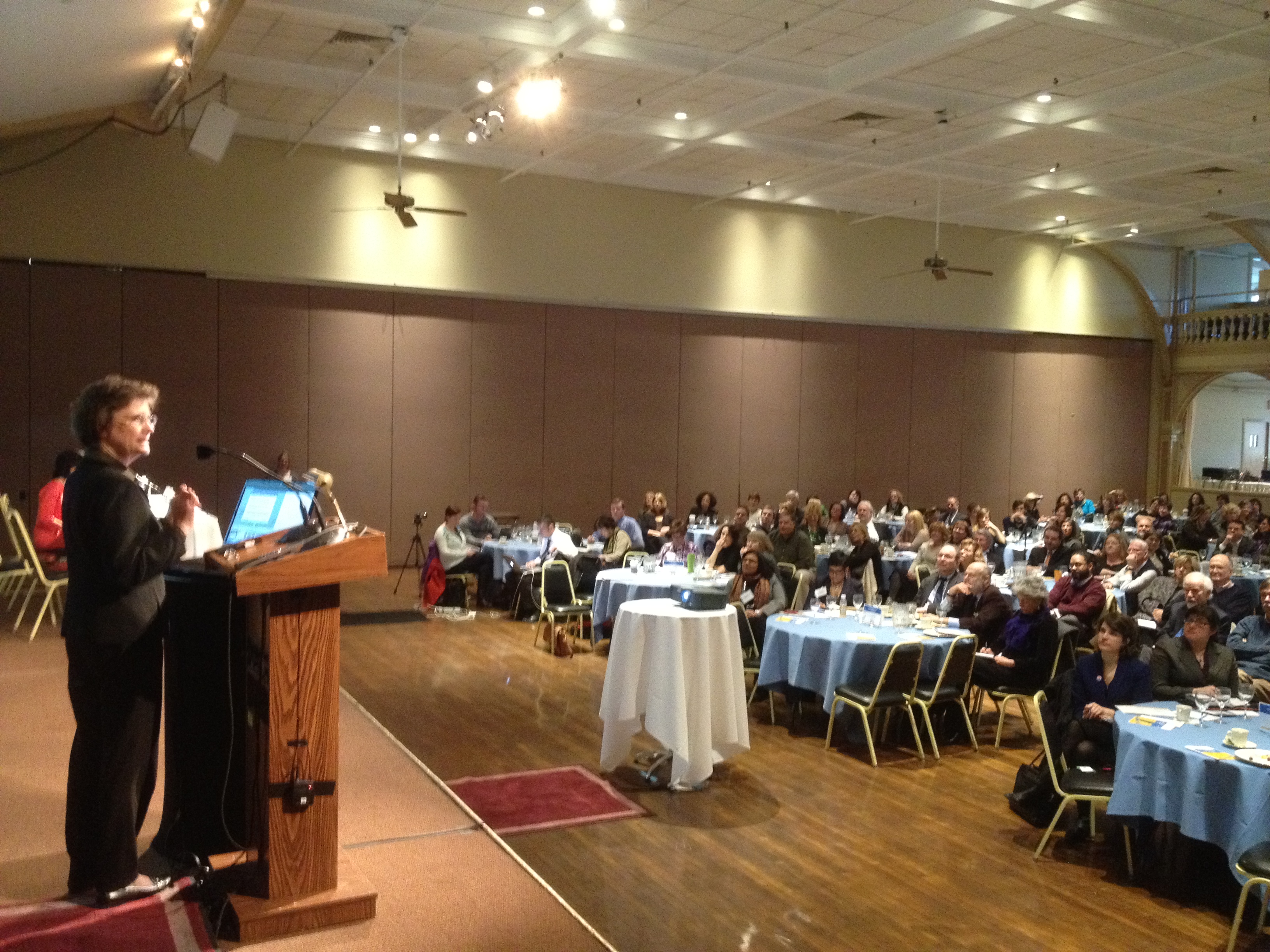More than 130 Rhode Islanders filed with Secretary of State A. Ralph Mollis to run for delegate in the state’s April 24 presidential primary.
Among the prominent names are Joe Paolino, Myrth York and Ray Rickman as Barack Obama delegates and Don Carcieri, Scott Avedisian and Alan Fung as Mitt Romney delegates.
All 135 candidates now have until Feb. 28 to collect the signatures of at least 150 eligible voters in order to qualify to appear on the ballot. The public can follow the progress they are making achieving the 150-signature threshold on our website at sos.ri.gov.
Fifty-two Rhode Islanders hope to represent President Obama at the Democratic National Convention in Charlotte, NC, the week of Sept. 3. Voters will elect 22 delegates on April 24.
Romney led all Republican candidates with 27 delegates hoping to go to the Republican National Convention Aug. 27-30 in the Tampa Bay area of Florida. Twenty-three Rhode Islanders filed to be Ron Paul delegates, followed by 22 for Rick Santorum and 11 for Newt Gingrich. No one filed to run uncommitted or as a Buddy Roemer delegate. Voters will elect 16 delegates and 16 alternates.
April 24’s presidential primary will be the first test of the state’s new Voter ID law. Rhode Islanders must register to vote by March 24 in order to cast a ballot in the presidential primary. April 3 is the deadline to apply for a mail ballot, which do not require Voter ID.


